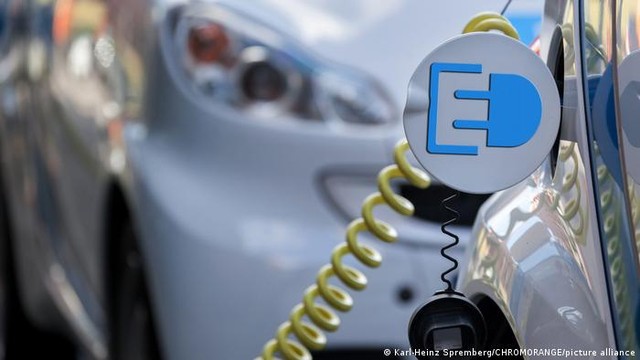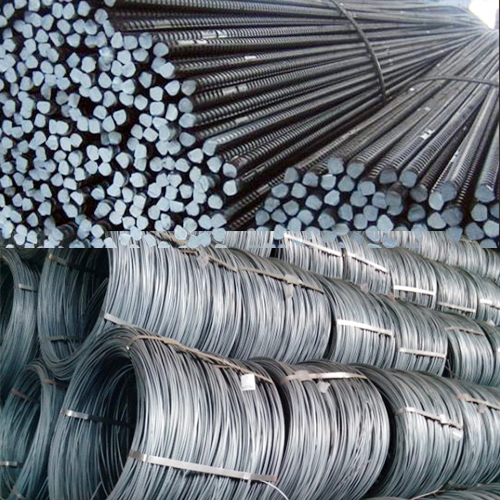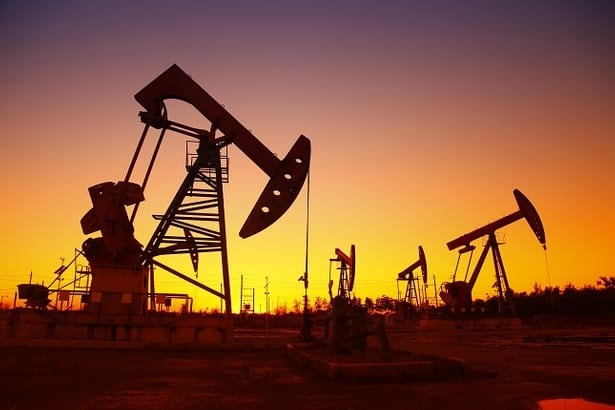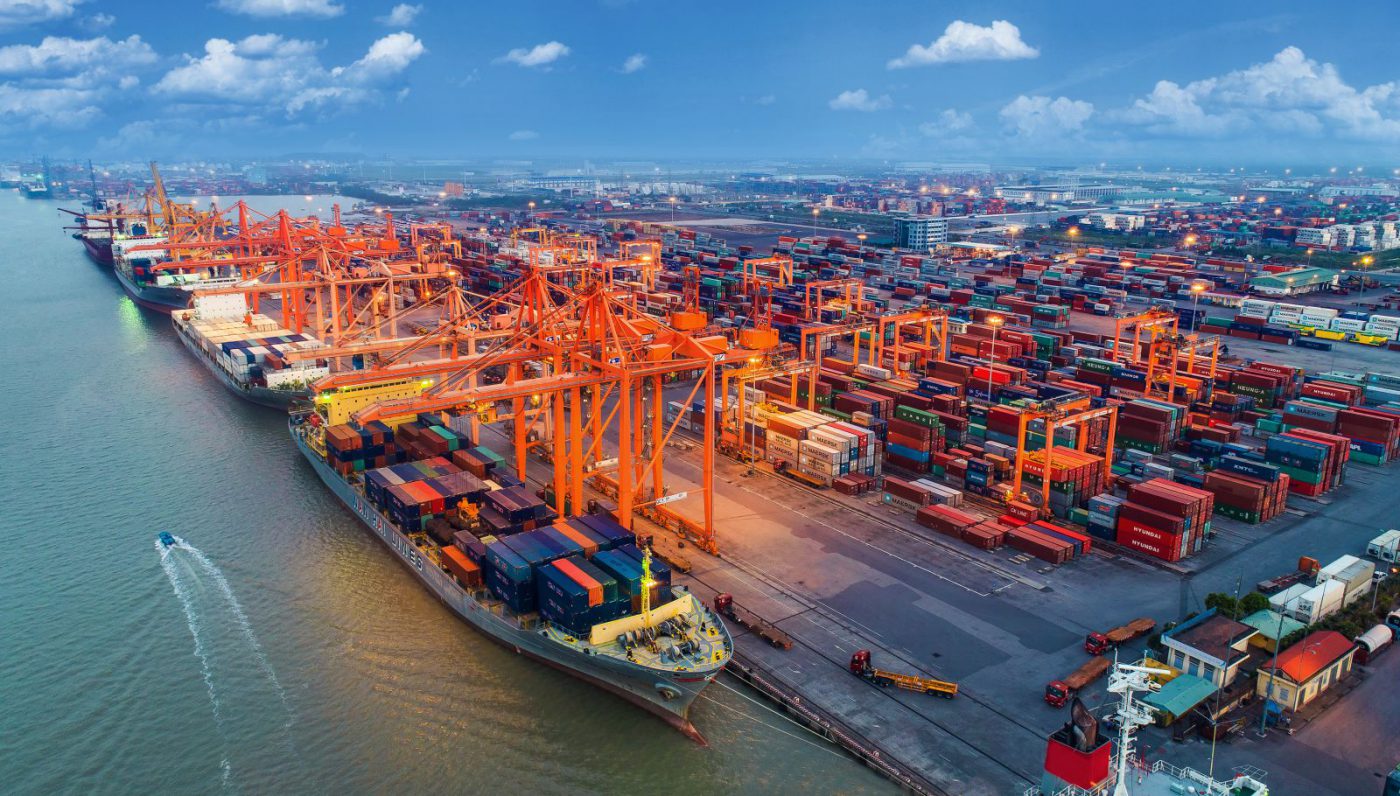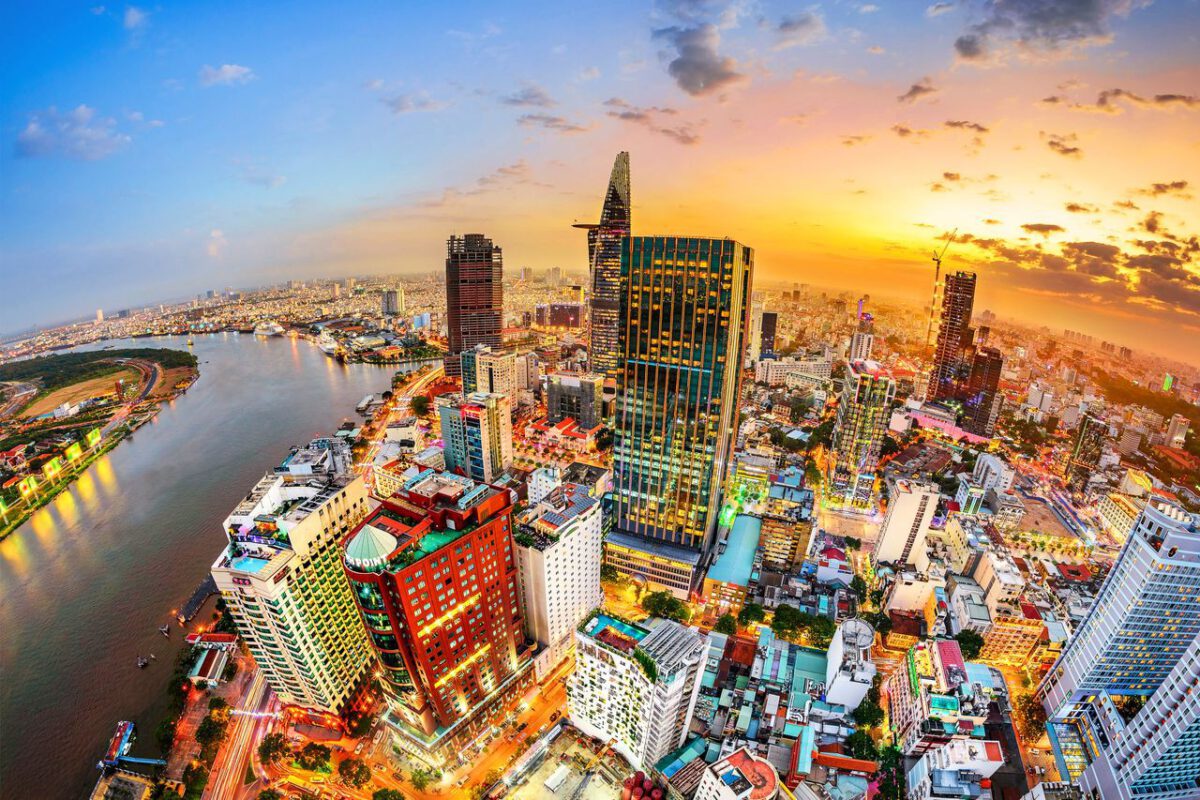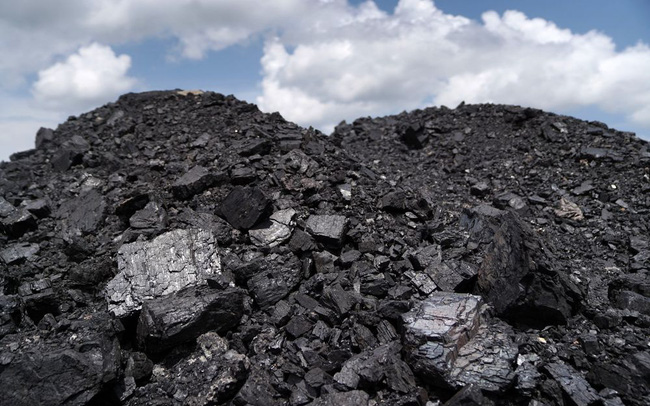Most of the ingredients to succeed in the transformation and promotion of energy digitization come from China. Could this country cause another headache for the European Union in the same way that Russia did?
According to DW, even if the EU tries to cut energy supplies from Russia, the bloc will still be heavily dependent on China, which supplies a lot of industrial metals and rare earths. The EU needs raw materials for wind turbines, electric vehicles, solar cells and semiconductors.
With the accelerating rate of digitization and energy transition, the demand for such raw materials is bound to increase further.
This means that in the future China could cause another big headache for the European Union. The Asian nation exports many raw materials indispensable for future-oriented industries.
Above all, China plays an important role not only in mining but also in raw material processing, said Siyamend Al Barazi of the German Mineral Resources Agency (DERA).
China’s monopoly in exports
The European Union’s dependence on metal imports ranges from 75% to 100% depending on the metal. Of the 30 raw materials that the EU classifies as important, 19 are mainly imported from China. The list includes magnesium, rare earths and bismuth, which China has a de facto monopoly, providing 98% of the supplies needed by the EU.
This dependence may even increase in the future. The EU believes that cobalt demand alone will increase fivefold by 2030. Lithium demand is expected to increase 18-fold by 2030 and 60-fold by 2050 due to development of e-mobility projects.
The production of EV batteries requires a lot of cobalt and other raw materials that the EU has to import
However, there is no guarantee that Europe’s needs will be fully met in the future. A report in March by German business daily Handelsblatt said experts in China’s Ministry of Industry and Information Technology debated whether to stop exporting rare earths to the US.
Europe would not be surprised if China reduced its exports of raw materials. In its latest five-year plan, Beijing made it clear that exports would be cut to meet growing domestic demand.
China hopes to be carbon neutral by 2060 and needs more of its vital raw materials. In a strategic move, China has secured key imports from Africa and elsewhere through large-scale investments and long-term contracts.
Instead of exporting raw materials, China aims to become a global technology leader in key industries.
Over the years, Germany has been trying to diversify its imports of raw materials. Rare earths are not only imported from China, but also from Brazil.
The EU wants to be self-sufficient, but it certainly can’t get rid of China
According to DERA research, Germany continues to be largely dependent on Chinese imports, both for raw materials and for processed goods. However, China’s domestic activities have caused commodity prices to rise.
China seems ready to embark on more sustainable production methods and do more to protect the environment. Domestic inspections of the magnesium manufacturing industry late last year resulted in the closure of several factories across China. As a result, the price per ton of magnesium has increased from $2,000 to $10,000 (1,850 euros to 9,250 euros).
The same thing happened in the silicon manufacturing industry in China, leading to a decrease in overall output.
There is always a risk that China will deliberately reduce exports of rare earths, causing prices to soar.
In the fall of 2020, Europe established the Raw Materials Union, to strengthen supply security and diversify the import of raw materials for European industries. In addition, the EU aims to strengthen its own mining and processing activities.
Some important materials can indeed be found in Europe, but many countries do not want any mining on their land.
Spain has just experienced protests against plans to open a lithium mine in Estremadura. Such protests also occurred in Serbia and Portugal.
In Germany there is also lithium. After a long search for investors, lithium mining is expected to start in the German state of Saxony in 2025.
One thing is for sure: Europe cannot fully meet demand with its own mines. Part of the solution could be to reuse more materials through recycling processes and focus more on the circular economy. But there are limits to this.
To cushion the shock of a possible export cut, many EU countries, the US and Japan have managed to amass substantial reserves of natural resources.
When debating the risks of Germany’s dependence on China, “you must not forget that China is also dependent on imports from Germany,” said Raimund Bleischwitz from the Leibniz Center for Tropical Marine Research.
“Prior to the COVID-19 pandemic, China actually imported more raw materials from Europe than it exported, such as processed metal and forestry products.” This proves that there is at least some interdependence between the two regions.
T&G International Joint Stock Company
Address: 352 Hue Street, Le Dai Hanh Ward, Hai Ba Trung District, Hanoi
Hotline: 0345786803
Email: hrm@tginterjsc.com
Website: http://tginternationaljsc.com



